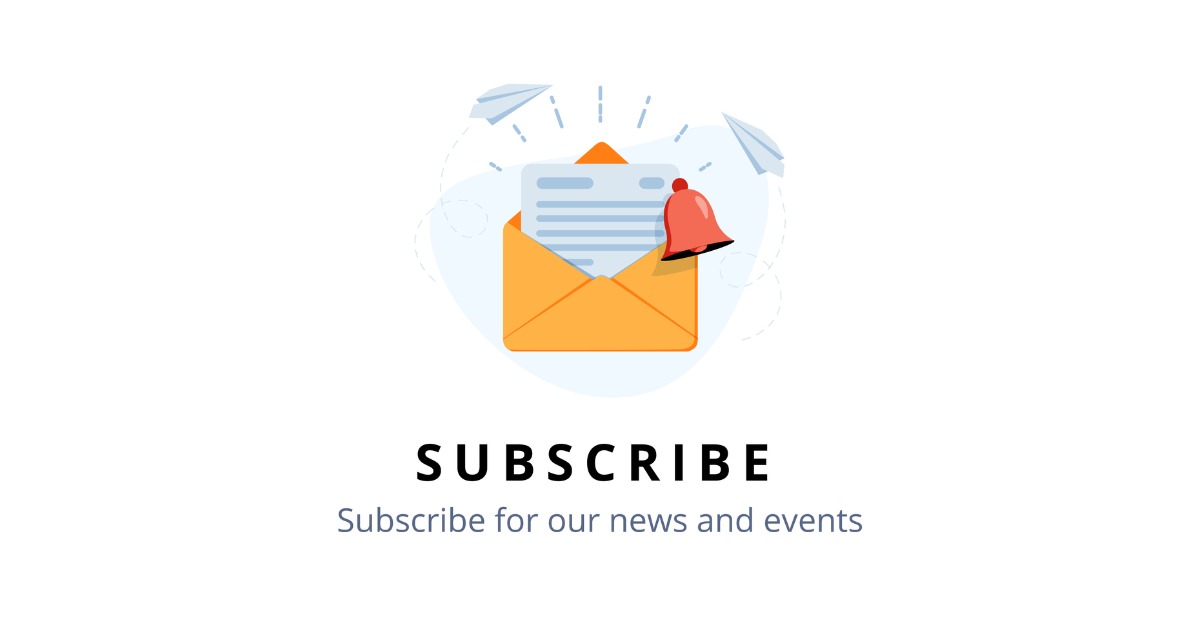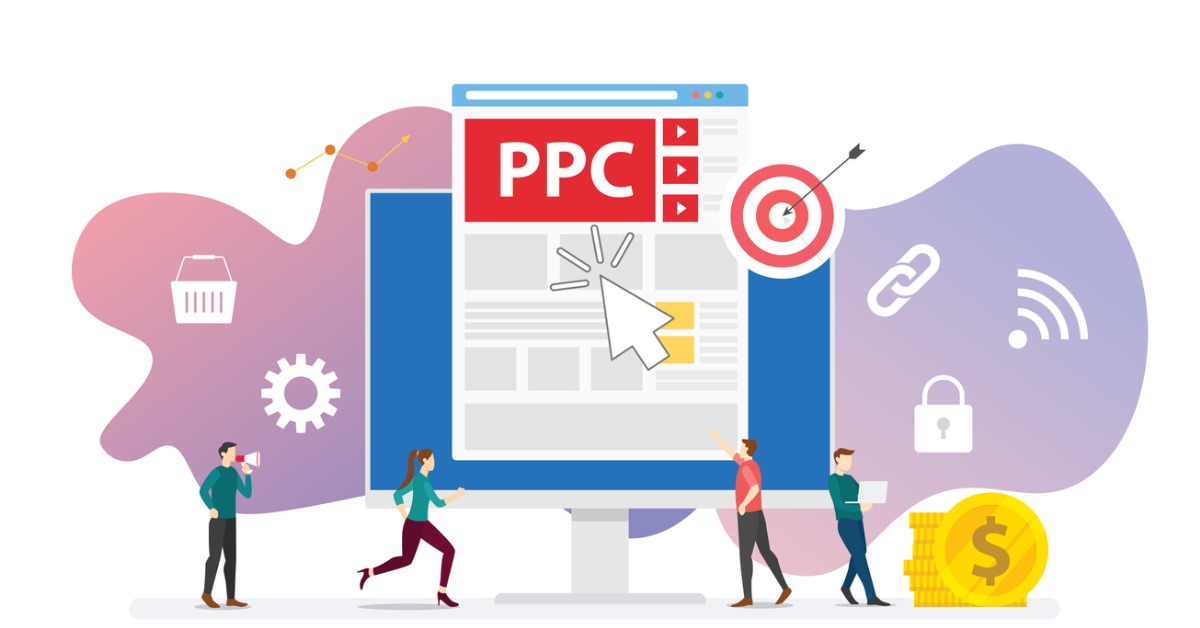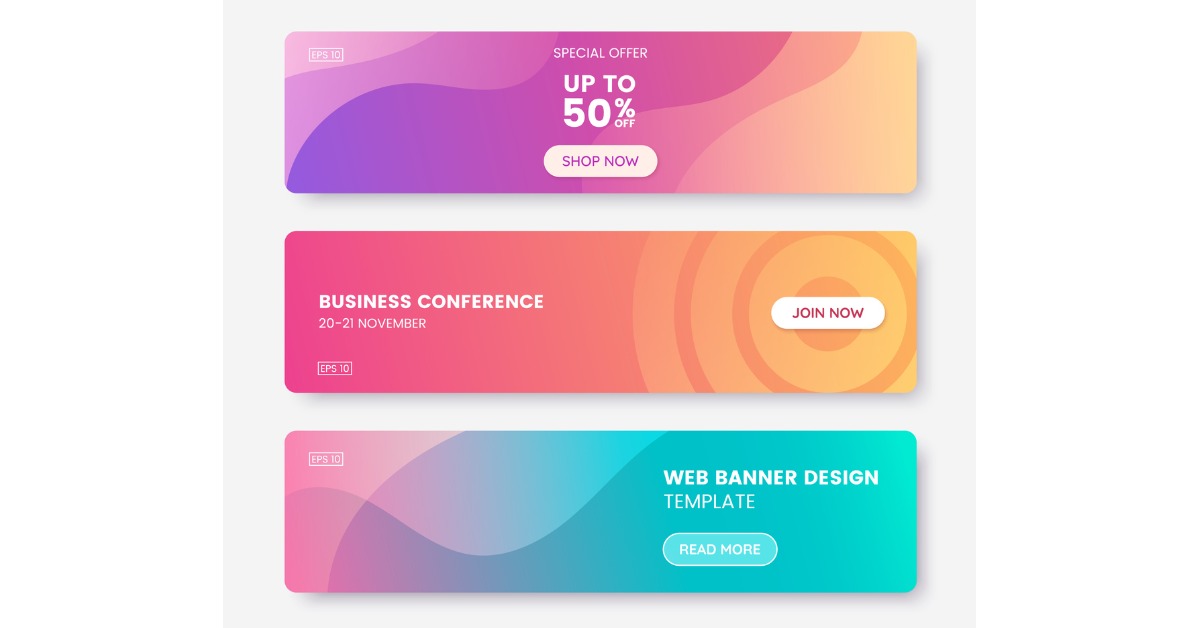Organic Vs Paid Marketing Strategies | Know All the Popular Pros and Cons
To grow a brand and convert potential customers, you will need both organic and paid marketing strategies. 53% of website traffic comes from organic search results (BrightEdge). While paid search contributes to 27% of traffic (HigherVisibility). And, Oberlo states Google’s annual ad revenue spend will grow to 34.3% this year. Still unsure which is right for your business? Let’s weigh the pros and cons of organic vs paid marketing strategies, one by one.
You can also jump to
- Organic Marketing Definition with Examples
- Paid Marketing Definition with Examples
- Pros and Cons of Organic Marketing Strategies
- Pros and Cons of Paid Marketing Strategies
- Similarities and Differences Between Organic and Paid Marketing Strategies
- When do you need an organic marketing strategy more than a paid marketing strategy?
- When do you need a paid marketing strategy more than an organic marketing strategy?
Organic Vs Paid Marketing Strategies
Find out all about organic vs paid marketing strategies in digital marketing.
Organic Marketing Definition with Examples
Organic marketing or inbound marketing refers to a strategy that relies on generating organic traffic. It is not involved with spending on advertising and it saves costs in the long term. To get started, think of SEO, organic social media posts, and/or any non-paid measure to convert traffic.
SEO – Search Engine Optimization delivers 1000%+ than unpaid social media, as per BrightEdge research.
Organic Social Media – It means raising brand awareness without paying for promotion and using free social media tools for audience engagement. Though the outcome is lesser than SEO, business owners cannot ignore that over 53% of the entire population globally use social media (Hootsuite). And, 85% of marketers use short-form video marketing content on social media platforms(HubSpot).
Email Marketing – According to a Campaign Monitor report, small businesses get the most ROI with effective email marketing. Many digital marketers in the B2B segment rely on email newsletters. They consider it the best way to promote products or services and generate leads organically. More so it is important because, by 2024, there will be 4.48 billion email users worldwide (Statista).
Paid Marketing Definition with Examples
Paid marketing, aka paid advertising, has a sales approach when it comes to marketing communication. With it, businesses use paid ads, paid social media ads and so forth. Let’s see the major examples you need to consider for the organic vs paid marketing strategies debate.
PPC (Pay-per-click) – It is a crucial element of search engine marketing (SEM). You can find PPC ads on search engines and social media channels for your queries. Some examples are Google Ads, YouTube Ads, Instagram Ads, etc. Statista states that the search ad spending will be 137 billion USD this year compared to 106.5 billion USD in 2019. And, as per WordLead, businesses get 50% more conversions from the traffic PPC ads generate, than organic advertising.
Paid Social Media – Since the lockdown, people have started to spend more time on social media. Many even prefer shopping straight from social media platforms. Paid social media advertising can be an effective strategy to generate leads. According to Content Marketing Institute’s 2022 report, the B2B content marketing segment will focus on paid media – about 55%.
Display Advertising – Display ads appear as banners or images with eye-catching designs. In general, they have call-to-action buttons that users click on and find the landing page. Many businesses use Google Display Network and its competitors are Facebook Audience Network and Twitter Audience Platform.
Pros and Cons of Organic Marketing Strategies
Here are some of the main advantages of organic marketing vs paid marketing strategies.
- Increases Brand Authority – When you do organic marketing right, your brand authority increases. Organic marketing can change the opinions of people about products or services. By adopting SEO best practices, businesses gain greater visibility through increased organic traffic. That helps in the long run. Prospects are more likely to make purchases when they know the brand. About 59% of consumers prefer buying from brands they trust (Invesp).
- Saves Costs – Organic marketing requires resources at the initial stages of a business. Once they are set, there are no costs of posting and updating blogs, using social media, and sending emails.
- Allows Personalisation – Your customers don’t want to be interrupted. With organic marketing, you get to connect with your audience on a much personal level without appearing sales-y.
Check the disadvantages of organic marketing vs paid marketing strategies below.
- Complicated and Time-Consuming – Growing a brand from the ground up through organic marketing can take months or even years. The biggest reason is that there are thousands of competitors who are trying to rank on the first page of Google.
- Success is Temporary – Even if your page ranked on the first page of Google, it won’t last there forever. The same above reason applies here as well.
Pros and Cons of Paid Marketing Strategies
Some of the major advantages of paid marketing strategies are listed below.
- Instant Visibility – PPC ads can generate online visibility fast. All you have to do is choose your target audience based on the demographics.
- Rankings Do Not Drop As Fast as SEO – Upon optimising keywords for your PPC ads, you don’t have to worry about ranking. This is why new businesses spend on ad campaigns in the organic vs paid marketing strategies debate.
- Conveying Your Message Faster – This advantage is for display ads. Since they visually appeal to your target audience, it is easier to get your message across.
Now, here are among the common disadvantages of paid marketing strategies to consider.
- Cost – Paid advertising works only till you keep paying for your ads to show up on Google searches and social media channels. The moment you stop paying, they stop appearing. So unless you have a dedicated budget, it won’t work. Also, you have to consider bidding for such ads. They can go higher when you have your competitors paying the same amount for the online space you need.
- Lower Conversion Rates – According to SmartInsights, banner advertisements get around 0.1% of conversion rates. This is one of the main debates when it comes to organic vs paid marketing strategies.
Similarities and Differences | Organic vs Paid Marketing Strategies
Converting leads, marketing research, and content promotion across relevant networks are the groundworks of both organic and paid marketing strategies. Have a look at how they are similar yet serve different purposes.
When Do You Need Organic Marketing Strategy More Than Paid Marketing Strategy?
According to Content Marketing Institute, over 70% of consumers prefer to know about brands/companies through articles than traditional ads. This is one of the reasons why organic marketing helps in increasing credibility more than paid advertising.
The consumer finds your business online when s/he searches for a solution to a problem. If your content resolves that issue, your organic marketing efforts yield results. This also means that this marketing strategy helps in all stages of the sales funnel. That too, without spending to stay on the top results of Google or other search engines. But for that, you will need a solid content marketing plan.
When Do You Need Paid Marketing Strategy More Than Organic Marketing Strategy?
Google Economic Impact estimates that when a business spends 1 USD on Google Search and Ads, it receives 8 USD in profit. A paid marketing strategy works when you introduce a new product or service in the market. It creates visibility and generates traffic at the initial stages.
For a paid marketing strategy to work, you have to find or target customers who are willing to buy. Only then you will get immediate results. But you also have to consider the costs of putting up paid ads. If your ads are not receiving enough clicks, you have to revise your approach on how you pay for the keywords. An expensive keyword will be more competitive than a less expensive one. Having that said, paid marketing can help your organic marketing strategy later.
Best-suited Digital Marketing courses for you
Learn Digital Marketing with these high-rated online courses
Parting Thoughts
So you can see both organic and paid marketing strategies have their individual advantages and disadvantages. But they work better together as the goals are the same. You need to integrate these two to drive your return on investment. Rather than choosing organic vs paid marketing strategies or vice versa, ask “which would you start with first?”
Recently completed any professional course/certification from the market? Tell us what liked or disliked in the course for more curated content.
Click here to submit its review with Shiksha Online.

Aquib is a seasoned wordsmith, having penned countless blogs for Indian and international brands. These days, he's all about digital marketing and core management subjects - not to mention his unwavering commitment ... Read Full Bio






